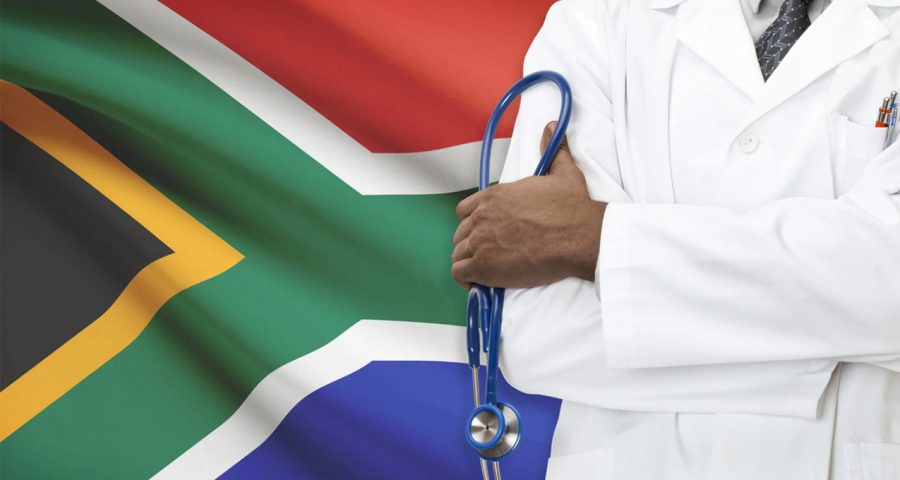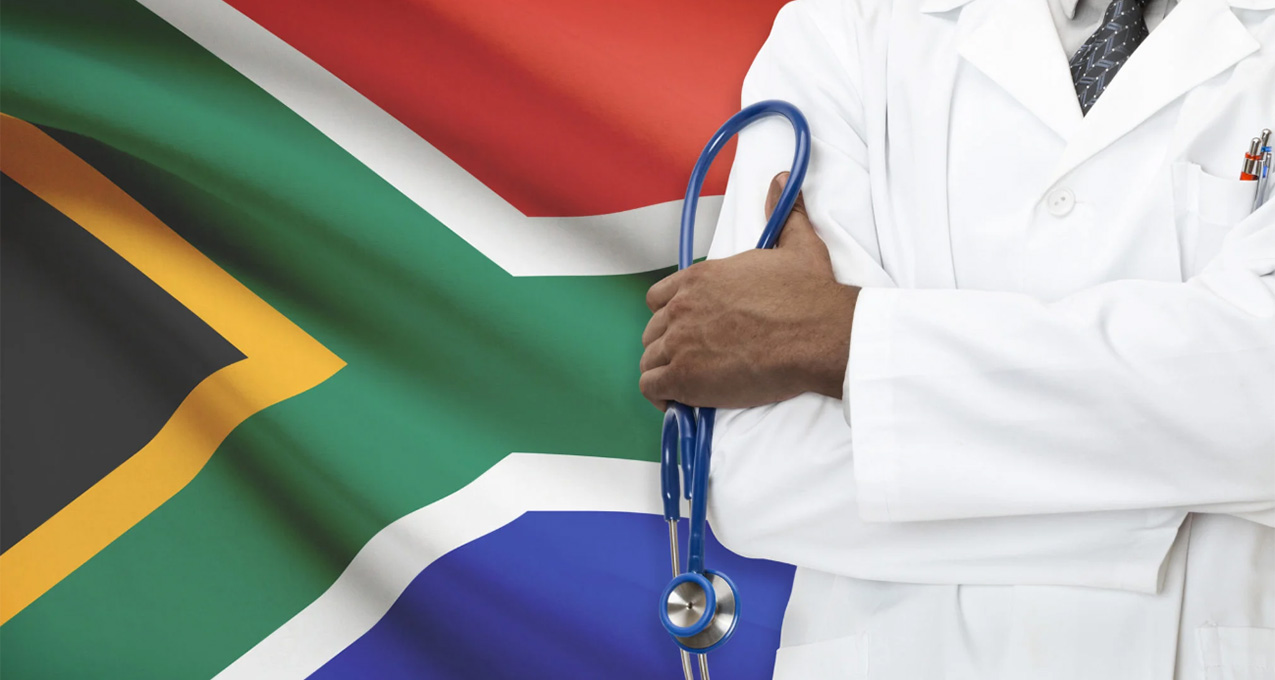
Health sector in a shambles, performance plans reveal
Annual performance plan presentations to the parliamentary portfolio committee on health this week have illustrated the dire straits of the country’s public health sector – and inadvertently shined a light on the devastation the introduction of the National Health Insurance (NHI) Bill will cause. Doctors are struggling to cope with the patient loads, have little […]

Annual performance plan presentations to the parliamentary portfolio committee on health this week have illustrated the dire straits of the country’s public health sector – and inadvertently shined a light on the devastation the introduction of the National Health Insurance (NHI) Bill will cause.
Doctors are struggling to cope with the patient loads, have little support and backup, and are expected to work hours beyond the norm. This results in poor performance and health care, with the poor and vulnerable suffering the brunt of the crisis.
In fact, the Department of Health has spent a total of R2 307 196 521.77 on legal costs for medico-legal claims since 2018, with almost half of that being spent in Gauteng alone. This has also impacted the provision of quality health provision. The enormity of these claims is not likely to improve when exhausted doctors are not functioning optimally.
Other reports to the committee made it clear that the lack of maintenance on infrastructure, lack of medical resources and limited budget, along with staff shortages, has resulted in a serious regression in access to quality health care.
With less than one doctor for every thousand patients – a fact last year revealed here in a DA parliamentary question and highlighted by the Fiscal Finance Commission (FCC) in its presentation – it is little wonder that the quality of health has seen a decline is recent years.
In comparison to the United Kingdom (3.03 doctors per 1 000 patients), India (0.93), Brazil (2.32), and Mexico (2.44), South Africa has one of the lowest doctors-to-patient ratios.
There are only 30 634 general practitioners, 16 698 specialists and subspecialists, and 3 021 surgeons and paediatricians registered with the Health Professionals Council of South Africa (HPSCA).
Of the 181 277 nurses trained since 2013, only 52 542 were appointed in the public health sector.
The Office of the Health Standards Compliance (OHSC) CEO, Dr Siphiwe Mndaweni, indicated that staff shortages at the institution will hamper the number of health facilities that can be inspected each year to measure health compliance and issue compliance certificates. This has also hampered the re-inspection of non-compliant facilities to ensure correction and improvement. The National Health Insurance (NHI) Bill does not allow for membership of non-compliant facilities.
According to the DA, they have continually been asking questions with regard to the ongoing crisis and will continue to obtain legal opinions and find reasonable and practical solutions to address the shambles that the government has created in the Department of Health.
While the ANC government continues to erroneously and falsely insist that the NHI Bill will rectify the health crisis, it will in fact exacerbate the serious problems of the already overburdened system.
